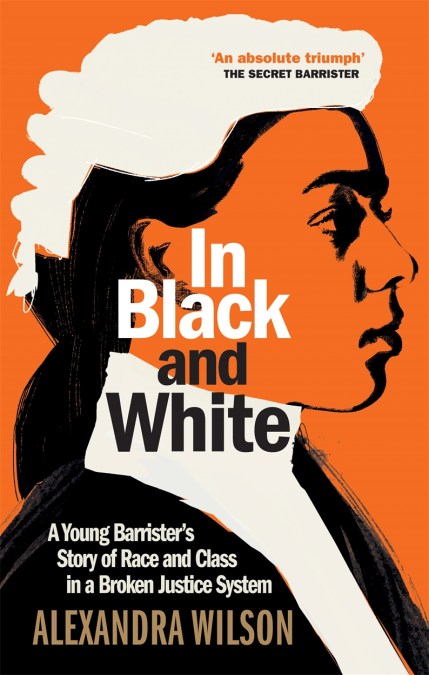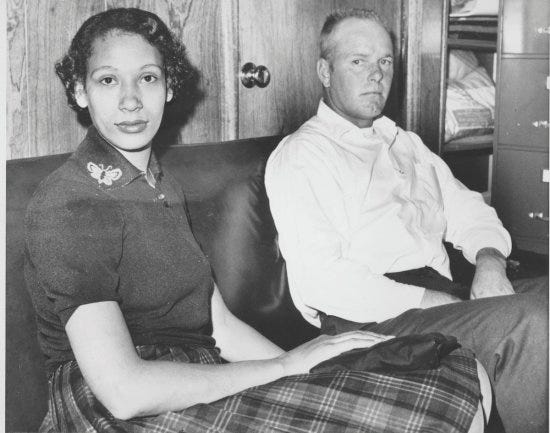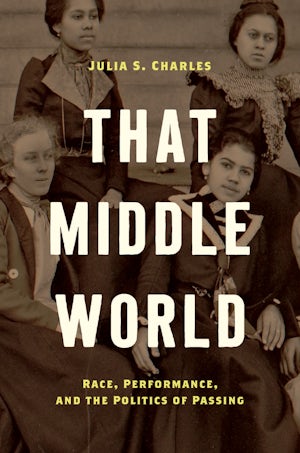‘What a Barrister Looks Like’: A Young Black Woman Paves the WayPosted in Articles, Law, Media Archive, Social Justice, United Kingdom, Women on 2020-11-01 01:35Z by Steven |
‘What a Barrister Looks Like’: A Young Black Woman Paves the Way
The New York Times
2020-10-30
 Alexandra Wilson at her offices in London. “My ability is underestimated, quite a lot,” she said. Amara Eno for The New York Times |
Alexandra Wilson is working to change England’s legal establishment, and perceptions about who belongs in it, from the inside.
LONDON — It was looking like a typical day at the office for Alexandra Wilson as she arrived at a London courthouse ready to defend someone accused of theft.
She tied her hair into a neat knot, shrugged on her black robe and pulled on a white horsehair wig — the official garb of Britain’s barristers, the lawyers who argue most cases in court.
But once she was in the courtroom, things went off script. In a patronizing exchange that was rude at best and hostile at worst, the prosecutor, an older white man, scoffed at Ms. Wilson, chided her for speaking with her client and tutted at her requests for details on court documents.
Unfortunately, it was an all too typical day for Ms. Wilson in a profession where, as a young Black woman, she often finds herself fighting for recognition and respect…
…As the 25-year-old daughter of a Black Caribbean father and white British mother from working-class roots, she is still a rarity in the cavernous halls of England’s courts.
Her unabashed observations about race and class have drawn a following of thousands on Twitter, inspired a book about her experiences and driven her to found a community for Black women in the legal professions. Just over a year into her career, she’s only getting started…
Read the entire article here.








